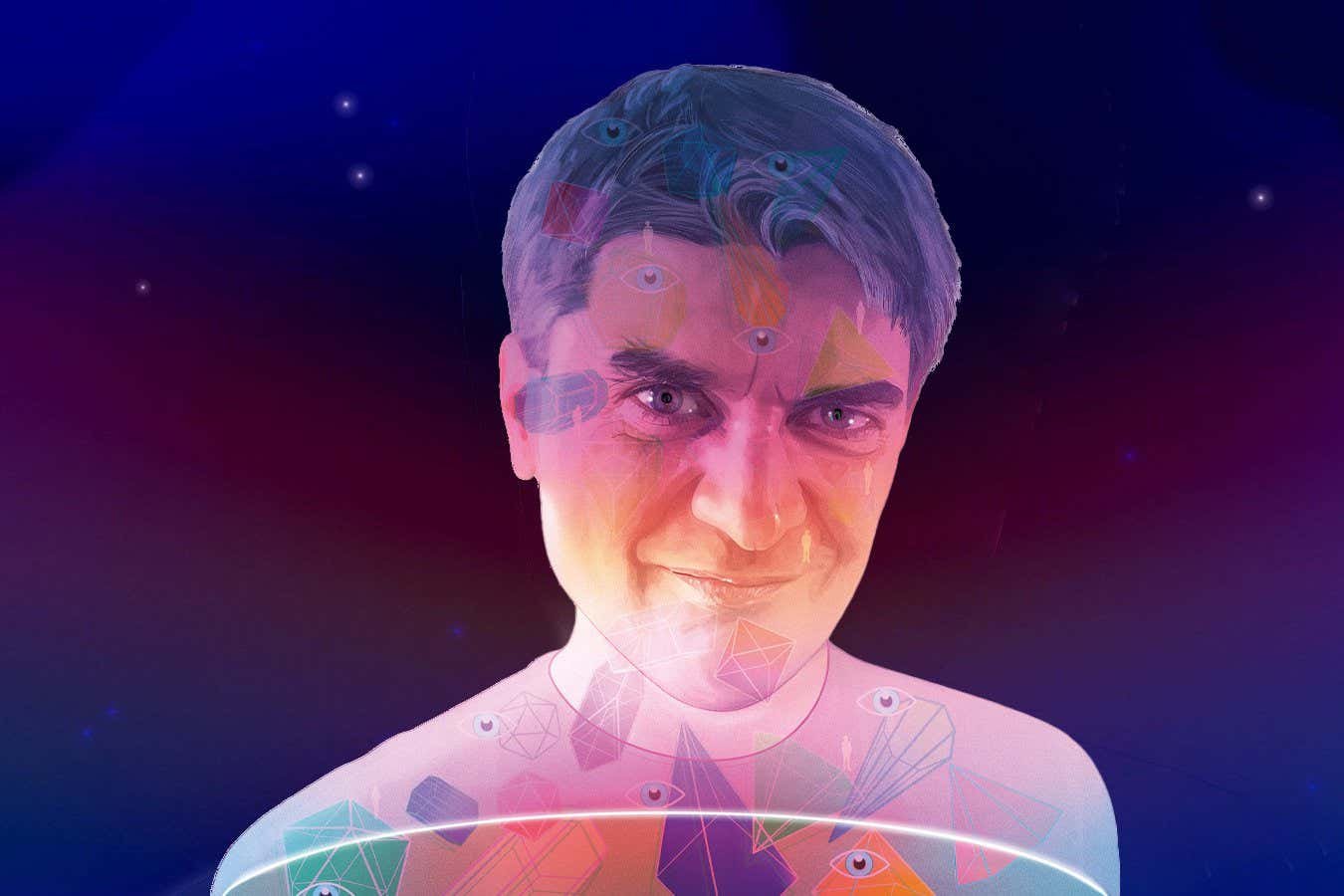
Most physicists operate under the assumption that there is a world out there that is entirely independent of us, an objective reality in which more-or-less well-defined things behave according to immutable physical laws. Yet over the past century, ever since the development of quantum theory, there have been discombobulating questions about the role of observers – not least ourselves – in the makings of reality.
These questions are often brushed under the carpet, but Daniele Oriti, a theorist at the Complutense University of Madrid, prefers to confront them. Arguably, he has been pushed to do so by his work on one of the foremost challenges in modern physics: creating a quantum theory of gravity. The difficulty here is reconciling the inherently smooth picture of space-time in general relativity with quantum theory, which is written in contradictory mathematical language. Getting the two to play nicely together has forced Oriti to think deeply about the subtleties of physical laws – not least the fact that space-time is a shaky foundation on which to build them. His verdict? That physical laws can’t exist independently of us, as something that we can all agree on, but instead reside within us somehow.
Oriti spoke to New Scientist about how he came to such a startling conclusion, why physicists need to be more aware of the complex relations between the world, scientific models and observers, and how appreciating the true nature of physical laws might yield fresh breakthroughs.
Thomas Lewton: What do people get wrong about the nature of reality?
Daniele Oriti: At the risk of…








